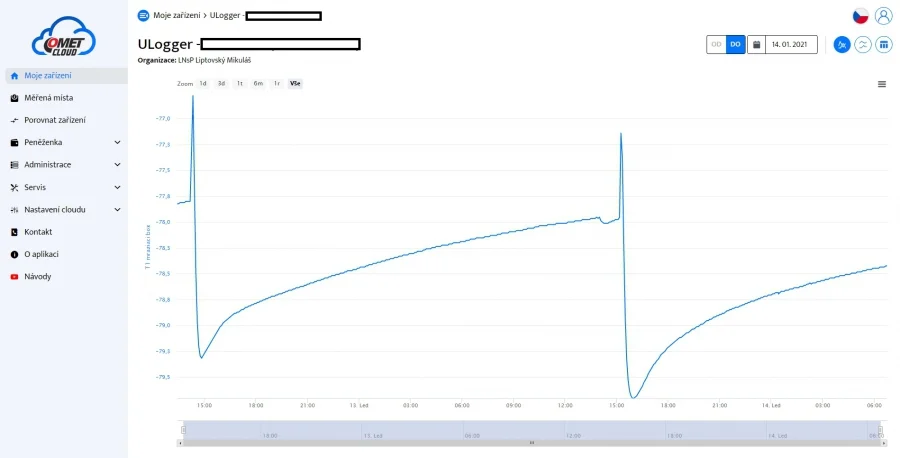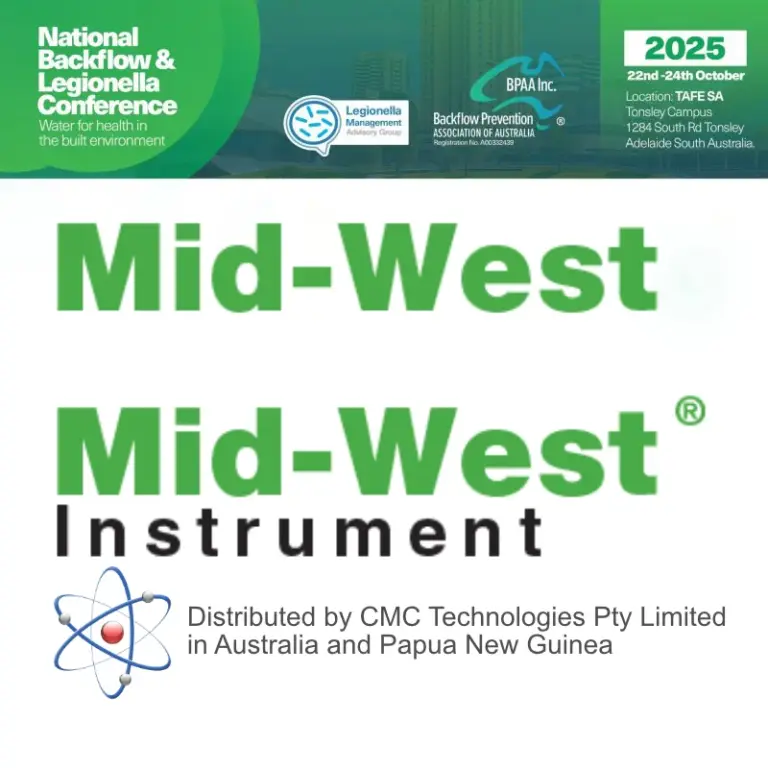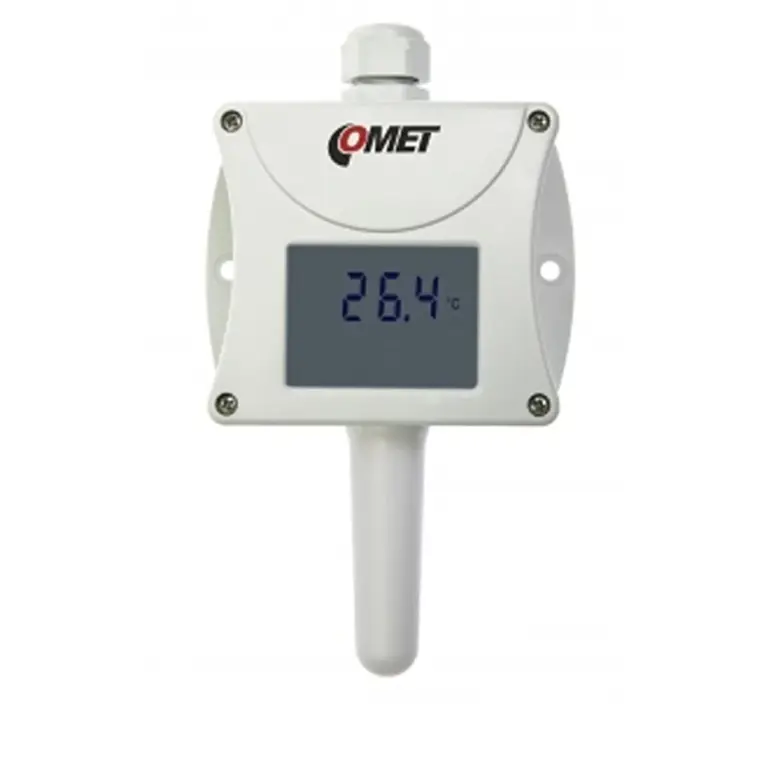Celebrating 27 Years 1999-2026
The Complete Guide to Vaccine Data Loggers for Laboratories and Hospitals
Introduction
Preserving vaccine integrity is critical in the field of medicine. Vaccine data loggers are essential for maintaining vaccine efficacy by making sure they are stored at the right temperature. The significance, functions, and recommended procedures for utilising vaccine data loggers in labs and medical facilities will all be covered in this guide.
What Are Vaccine Data Loggers?
Vaccine data loggers track and record the temperature of vaccine storage unit. By keeping vaccinations within the ideal temperature range, these devices guarantee vaccine efficacy and guard against spoiling. Data loggers are often equipped with cloud connectivity for real-time data access, and they can be used as stand-alone units or as components of a larger monitoring system.
Importance of Vaccine Data Loggers in Laboratories and Hospitals
It’s crucial to keep vaccine storage at the proper temperature. Vaccine data loggers data recorders offer:
- Accurate Temperature Monitoring: Ensuring vaccines remain within the safe temperature range.
- Compliance: Meeting regulatory requirements for vaccine storage.
- Safety: Protecting patients by ensuring vaccine efficacy.
Reliable data logging is crucial for patient safety and regulatory compliance in high-stakes settings like laboratories and hospitals.
Features of Effective Vaccine Data Loggers
When selecting a vaccine data logger, consider the following features:
- Cloud Connectivity: Allows for real-time monitoring and data access from anywhere.
- Data Accuracy: High precision sensors to ensure accurate temperature readings.
- Alerts and Notifications: Immediate alerts for temperature excursions.
- Battery Life: Long-lasting battery to ensure continuous monitoring.
- Ease of Use: User-friendly interface for easy setup and operation.
These features help ensure that your vaccines are stored correctly and that any issues are promptly addressed.
How to Choose the Right Vaccine Data Logger
Selecting the right data logger depends on your specific needs. Consider the following factors:
- Storage Capacity: Ensure the logger can store data for the required period.
- Connectivity Options: Choose between USB, Bluetooth, or cloud-based systems.
- Environmental Conditions: Ensure the logger can operate in the specific conditions of your storage environment.
- Budget: Balance between cost and the features you need.
By considering these factors, you can select a data logger that best suits your laboratory or hospital’s requirements.
Implementation and Best Practices
Implementing vaccine data loggers effectively involves:
- Training Staff: Ensure all relevant staff are trained in using and interpreting data from the loggers.
- Regular Maintenance: Perform regular checks and calibration of the data loggers.
- Data Review: Regularly review the data to ensure compliance and identify any potential issues.
Following these best practices will help maintain the integrity of your vaccine storage.
Conclusion
Vaccine data loggers ensure vaccine safety and efficacy in labs and hospitals. Understanding their importance, features, and best practices will allow you to make informed decisions to protect your vaccine supply and, ultimately, your patients.
Case Study: Online Monitoring During Storage of COVID-19 Vaccine from Pfizer-BioNTech
In the fight against COVID-19, proper storage of vaccines is critical, for example, vaccines developed by Pfizer-BioNTech. A real-world implementation of online monitoring systems demonstrates the importance and efficacy of vaccine data loggers.
Background
The Pfizer-BioNTech COVID-19 vaccine requires storage at ultra-low temperatures, typically between -80°C and -60°C. Maintaining this temperature range is crucial to preserving the vaccine’s efficacy.
Implementation
To ensure these stringent conditions were met, an online monitoring system was implemented. This system included:
- Temperature Sensors: High-precision sensors were placed inside the storage units to continuously monitor the temperature.
- Data Loggers: These devices recorded temperature data and relayed it to a central system in real-time.
- Cloud Connectivity: The data was transmitted to a cloud-based platform, allowing for remote monitoring and immediate access to temperature data.
- Alerts and Notifications: The system was configured to send instant alerts via email and SMS if the temperature deviated from the safe range.
Results
The implementation of this online monitoring system provided several key benefits:
- Real-Time Monitoring: Continuous data logging and real-time monitoring ensured that any temperature excursions were immediately detected and addressed.
- Increased Reliability: The use of high-precision sensors and robust data loggers ensured reliable monitoring, even in ultra-low temperature environments.
- Remote Access: Cloud connectivity allowed for remote access to data, enabling swift response times and better management of vaccine storage conditions.
This case study demonstrates the critical role that vaccine data loggers play in maintaining the integrity of vaccines, particularly those requiring ultra-low temperature storage. By implementing an online monitoring system with real-time alerts and remote access, facilities can ensure the safe storage of vaccines and protect public health.
By learning from this successful implementation, laboratories and hospitals can adopt similar practices to safeguard their vaccine supplies.
Recommended Comet Data Loggers for Vaccine Transport and Storage
For laboratories and hospitals looking for reliable solutions in vaccine transport and storage, Comet System offers several models specifically designed to meet these needs. Notably, the U0141M and U0121M data loggers are highly recommended.
U0141M
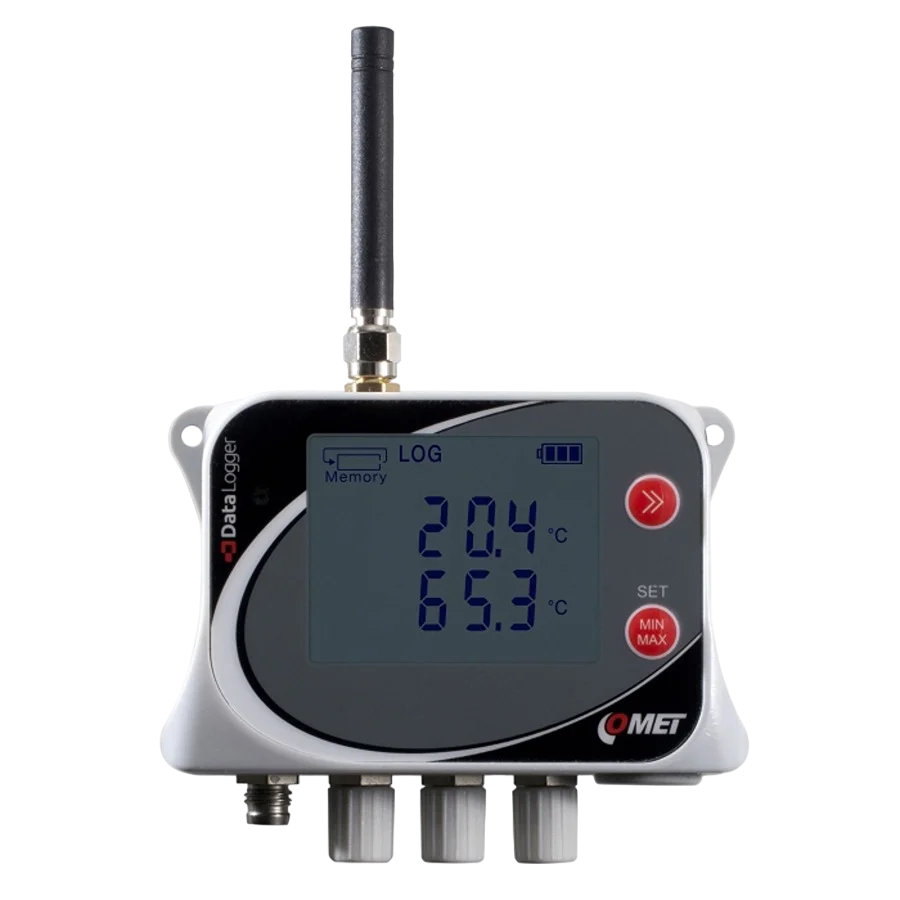
The U0141M is ideal for monitoring ultra-low temperatures required for vaccines. This model features:
- High-Precision Sensors: Ensures accurate temperature readings.
- Real-Time Data Logging: Continuously records temperature data.
- Cloud Connectivity: Allows for remote monitoring and access to real-time data.
- Alerts and Notifications: Provides immediate alerts if temperatures deviate from the safe range.
U0121M
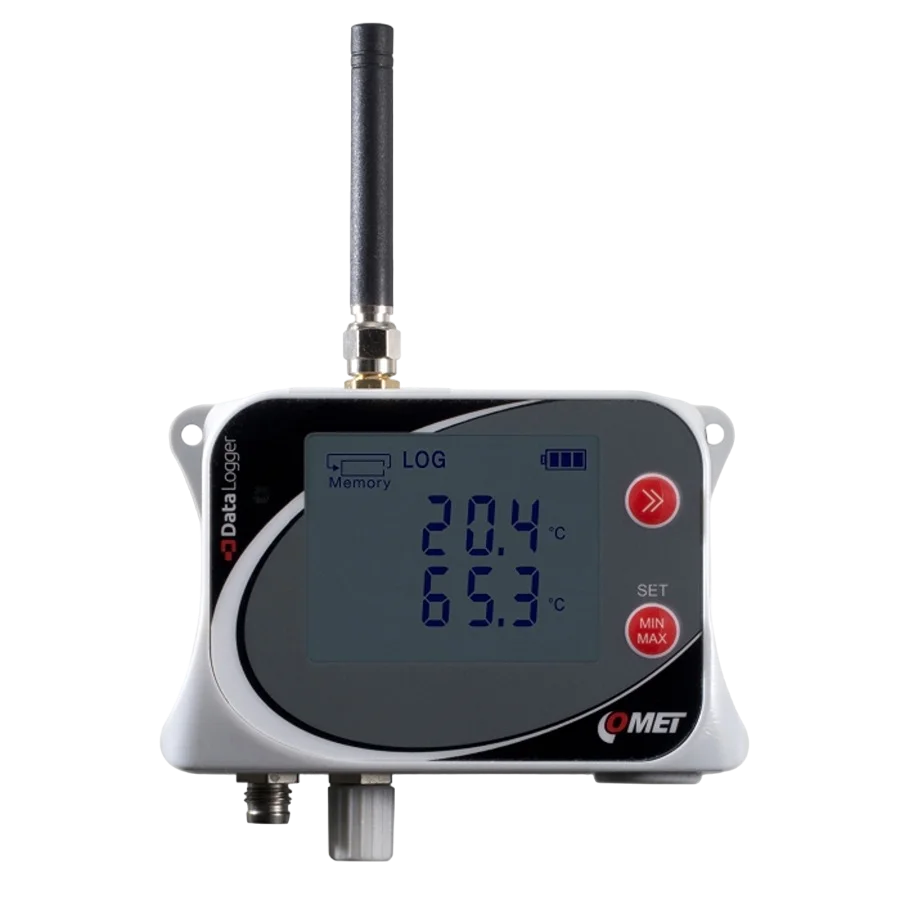
The U0121M is another excellent option for vaccine storage and transport, offering:
- Robust Design: Suitable for various storage environments including refrigerated and ultra-low temperature conditions.
- User-Friendly Interface: Easy setup and operation, making it ideal for busy healthcare settings.
- Reliable Performance: Ensures vaccines are stored within the recommended temperature range to maintain their efficacy.
By choosing Comet System vaccine data loggers, laboratories and hospitals can effectively monitor and manage vaccine storage conditions, ensuring the safety and effectiveness of their vaccine supplies.
FAQs
Q: What is a vaccine data logger?
A: A vaccine data logger is a device that monitors and records the temperature of vaccine storage units to ensure they remain within the recommended temperature range.
Q: Why is temperature monitoring important for vaccines?
A: Proper temperature monitoring ensures vaccines remain effective and safe for use.
Q: How often should data loggers be calibrated?
A: Data loggers should be calibrated according to the manufacturer’s recommendations, typically annually.
Q: Can data loggers send alerts?
A: Yes, many data loggers can send real-time alerts if the temperature goes outside the safe range.
ARE YOU IN NEED OF A VACCINE DATA LOGGER FOR YOUR LAB?


